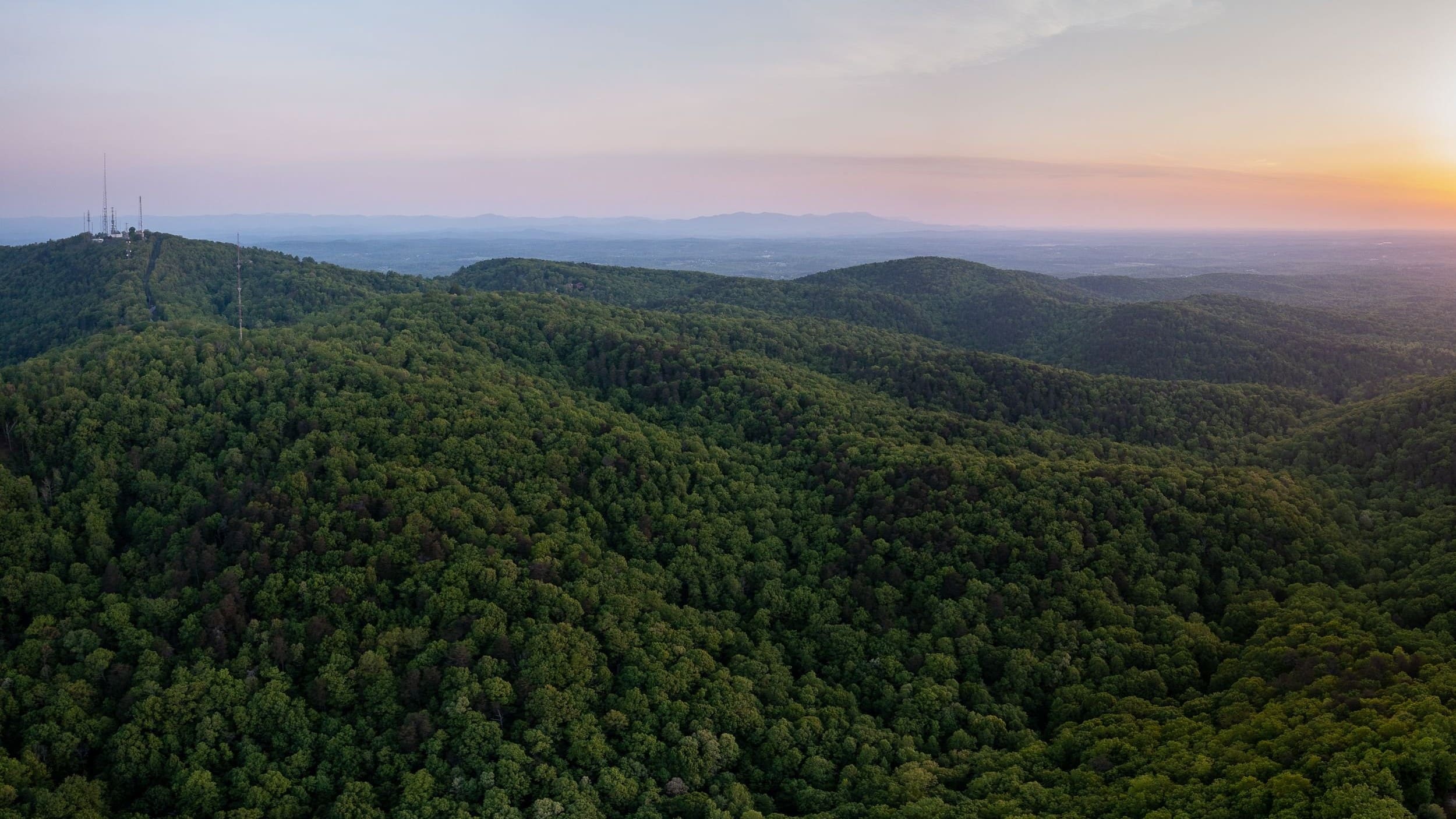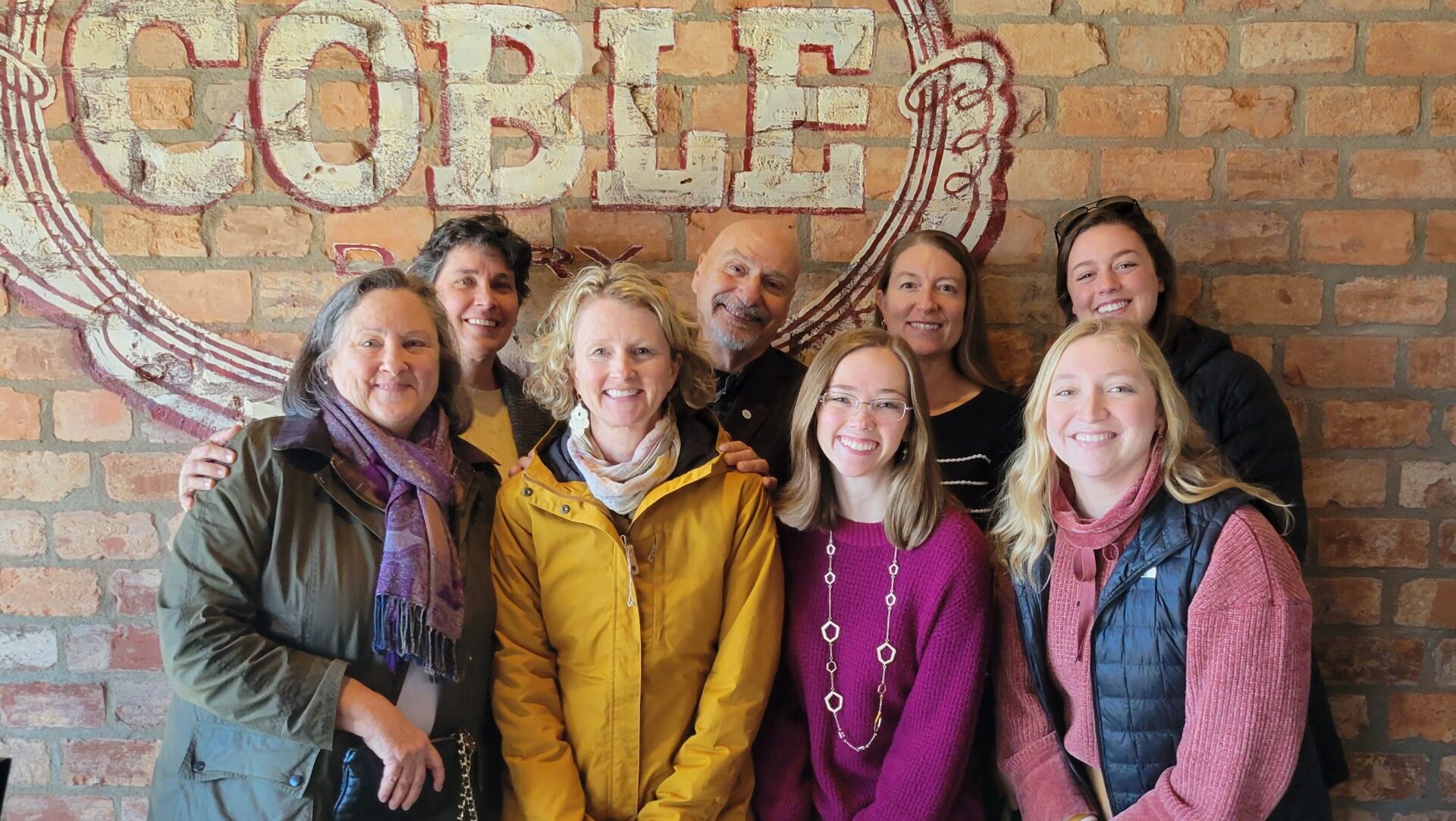by Doug Lockard
The renowned Harvard professor Dr. E.O. Wilson is one of the most brilliant and inspiring minds of our time. I say “is” because although he’s no longer with us, his insights continue to resonate within our minds. The achievements of this modern-day Darwin will remain at the forefront of ecological scientific development as well as a grass-roots movement by those of us asking the question “What can I do?”’
A multiple Pulitzer Prize winner, this legendary thinker and visionary will perhaps be most remembered for his new theories in ecology, evolution, and biodiversity that have changed the way we view the world and our place in it.
With the publication of his 1967 book The Theory of Island Biogeography he awakened the scientific community with ideas of such vitality and inspiration that they have re-invigorated the study of what he called ‘old-fashioned biology’.
He pioneered a new discipline called sociobiology and in his 1975 book Sociobiology: The New Synthesis he extended his ideas on social insect behavior to animals and then humans. In doing so, he created his greatest legacy: an awareness of the richness of the planet’s biodiversity, humanity’s disruption of these ecosystems, and the consequences of our actions (or inaction).
Dr. Wilson believed the creation of our planet’s diversity developed over 3 billion years of evolution; a succession of biological dynasties of animals that occupy the seas, followed by another 350 million years to assemble the rain forests in which half or more of the species on earth now live. Today’s scientists have only begun to understand how our ecosystems work, and it would be reckless to suppose that biodiversity can be diminished indefinitely without threatening the lives within them, including humanity itself.
“Earth has at last acquired a force (humanity) that can break the crucible of biodiversity.”
“If all mankind were to disappear, the world would regenerate back to the rich state of equilibrium that existed ten thousand years ago. If insects were to vanish, the environment would collapse into chaos.”
The work of Dr. Wilson has enabled the scientific community to develop methods to make meaningful predictions about diversity in lakes, forests, and other habitats, their destruction and fragmentation, and the extinctions that would follow. In 1993 Dr. Wilson estimated that Earth was then losing something on the order of 30,000 species per year. More recently, scientists now believe us to be in the 2nd stage of the Earth’s “Sixth Extinction: The Anthropocene Epoch” and that “as much as a fifth of the world’s plants and animal species have already been lost”.
Dr. Wilson left us with a cautionary tale: (paraphrased)
Future generations will not forgive us for carelessly wasting so many other species on our watch; however, I believe mankind can pass from conquerors to stewards. Humanity is part of nature, you see. One of the species that evolved among these other, now threatened, species. The more closely we identify ourselves with the totality of life in our ecosystems, the more quickly we will be able to discover the sources of human sensibility and acquire the knowledge on which an enduring ethic, and a sense of preferred direction, can be built.
As to how we might become better stewards, I leave you with these thoughts from E.O.Wilson:
“People need a sacred narrative. They must have a sense of larger purpose, in one form or another, however intellectualized.”
“You teach me, I forget. You show me, I remember. You involve me, I understand.”
“You are capable of more than you know. Choose a goal that seems right for you and strive to be the best, however hard the path. Aim high. Behave honorably. Prepare to be alone at times and to endure failure. Persist! The world needs all you can give.”
Recommended Reading:
Dr. Wilson has published dozens of essays and books, and Bookscrolling.com provides a excellent synopsis of a few his more widely distributed works, including these recommended reads for interested SCNPS members and friends:
- Anthill: A Novel (Fiction 2010) – This fact-based inspirational and magical story of a boy who grows up determined to save the world from its most savage ecological predator: man himself.
- The Origins of Creativity (2017) – An examination of the relationship between the humanities and the sciences: what they offer to each other, how they can be united, and where they still fall short.
- Half-Earth (2016) – To prevent 6th mass extinction of species, Dr. Wlison proposes a solution commensurate with the magnitude of the problem.
- A Window on Eternity: A Biologist’s Walk Through Gorongosa National Park (2014) – The remarkable story of how one of the most biologically diverse habitats in the world was destroyed, restored, and continues to evolve.
- Biophila (1984) – An intensely personal essay in which Wilson reflects on his own experiences exploration of natural systems and examines the essential links between mankind and the rest of the living world.
- The Diversity of Life (1999) – Dr. Wilson describes how the species of the world became diverse, why whole species are today threatened by human development, and how the loss of biodiversity is irreversible.




